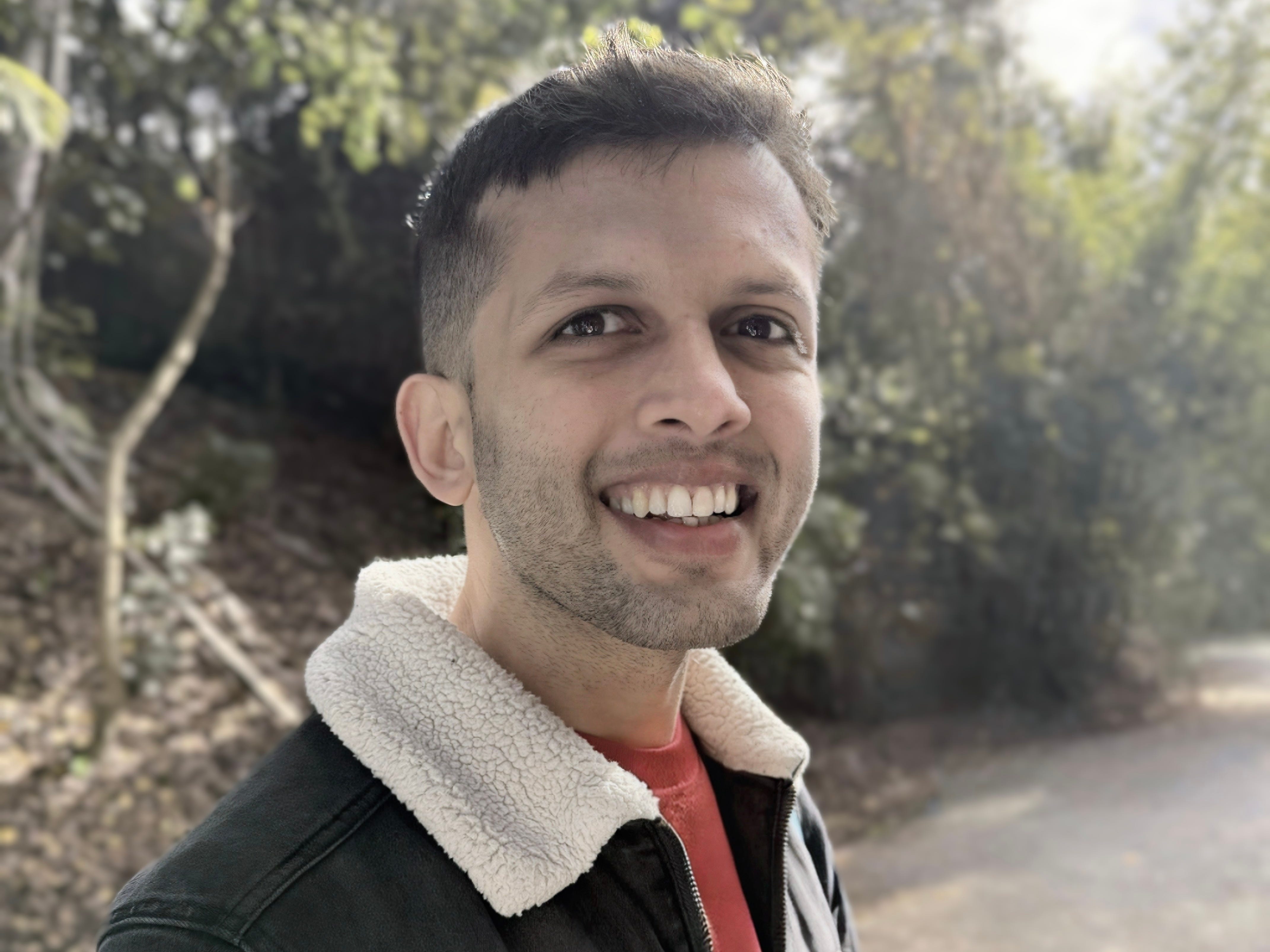
Akshay Phadké
Akshay Phadké has had what many would consider a successful career in tech. He turned an internship at Ericsson into a full-time software engineering job in 2016, landed a role at Microsoft in 2019, and transitioned into the startup world as a senior software engineer in 2021.
But the 32-year-old told Business Insider that he’s also had his fair share of failures. He’s gone through countless interview rounds at dozens of companies, and while some of those led to job offers, such as at 23&Me and Wayfair, others ended in disappointment.
In 2019, before he landed his role at Microsoft, Phadké was rejected by Meta, Amazon, Dropbox, and Yelp after multiple rounds of on-site interviews.
He can’t say for sure why he was rejected after making it so deep into the process, as companies generally don’t share feedback and at most will offer informal high-level notes, he said. But based on his experience of his performances in each process and informal feedback he received, he has some thoughts on why he may not have made the cut.
Learning from his rejections
With Meta, Phadké feels he did well in the technical rounds but identified a possible interview misstep. “Their informal feedback was that I could have done a better job of demonstrating ‘product sense’ in the round where I was asked to design a feature on the Facebook platform in terms of technical architecture, execution, and rollout, and measuring success and adoption,” he said.
He found his Amazon interview process “a bit chaotic” — he applied for multiple roles within the company and worked with different tech recruiters — and says he didn’t do as well as he would’ve liked in one of the coding rounds. And in his Dropbox interview process, Phadké believes that he didn’t perform well on one of the technical interviews.
Through it all, Phadké’s big takeaway is this: “Rejections are a part of the interview process,” he said. “You learn a lot from rejections as opposed to wins, and you shouldn’t let them discourage you or make you feel lesser.”
Hindsight is 20/20, but in Phadké’s case, it’s also fortified with ample experience; in addition to his many interviews as a candidate, he has also since sat on the other side of the table as a technical interviewer many times.
Here are three interview strategies he knows now that he wishes he had known back then.
1. Recognize that people aren’t going to hire you just because you write good code.
Tech industry candidates should avoid being overly focused only on the technical aspects of the job, Phadké said, and should be sure to let their human side show.
“Your interviewers are your peers, and may potentially be teammates or people you work closely with,” he said. “They’re also trying to understand what kind of person you are, what you’re looking for, what motivates you, and if they see themselves working well with you.”
With this in mind, Phadké advises talking about your life outside work during any dedicated windows of time before and after the technical and behavioral assessments.
“You shouldn’t pass on those opportunities to let your personality shine,” he said.
2. Prioritize clear communication, even in the technical rounds.
The soft skill of communicating clearly is an obvious requirement for the behavioral interview rounds, but Phadké stressed that it applies equally to the technical rounds.
“It’s poor form to just be typing away silently for the duration of the interview,” he said.
Instead, he advised candidates to ask clarifying questions, check if it’s safe to make certain assumptions, go through a few examples, and discuss the solution at a high level before attempting to code.
“Even while coding, explaining what’s going on will help everyone stay on the same page,” Phadké said. “It’s also easy to overdo it, so be concise and don’t ramble.”
Listening is another underrated part of communication skills tested by the hiring committee.
“Interviewers might mention certain nuances to the problem, or offer hints if you are stuck, or encourage you to think of a better approach,” Phadké said. “It’s crucial to demonstrate your receptiveness to these inputs by acknowledging them.”
Beyond verbal communication, candidates also communicate with their code, he added.
“A well-structured solution — with thoughtful comments that help readers follow along without a lot of copy/pasting and furious rewriting — communicates clarity of thought,” he said.
3. Approach the interview as a two-way street.
One of the most powerful lessons Phadké has learned is that interviewing isn’t just for the employer to grill you, but for you to evaluate the team and company for fit as well.
“Your interviewers are trying to see if you have the required technical skills and if you’d be a good fit within the company,” Phadké said. “It’s also your opportunity to determine if this role will allow you to meet your career goals.”
He now views interviews as conversations in which he, as a candidate, has some element of control. This mindset shift has helped reduce his interview anxiety so he can present the best version of himself.
He added that candidates shouldn’t hesitate to politely and firmly ask tough but meaningful questions around the company’s financial health, product vision and roadmap, culture, and challenges.
“As your interviewers are trying to get signals from your interview performance, the strength of their responses should give you a better idea whether this opportunity is worth investing in,” Phadké said.
Do you have a story to share about landing a job at — or getting rejected from — a Big Tech company? Contact this editor, Jane Zhang, at [email protected].
The post A former Microsoft software engineer shares the 3 interview strategies he wishes he’d known earlier appeared first on Business Insider.




